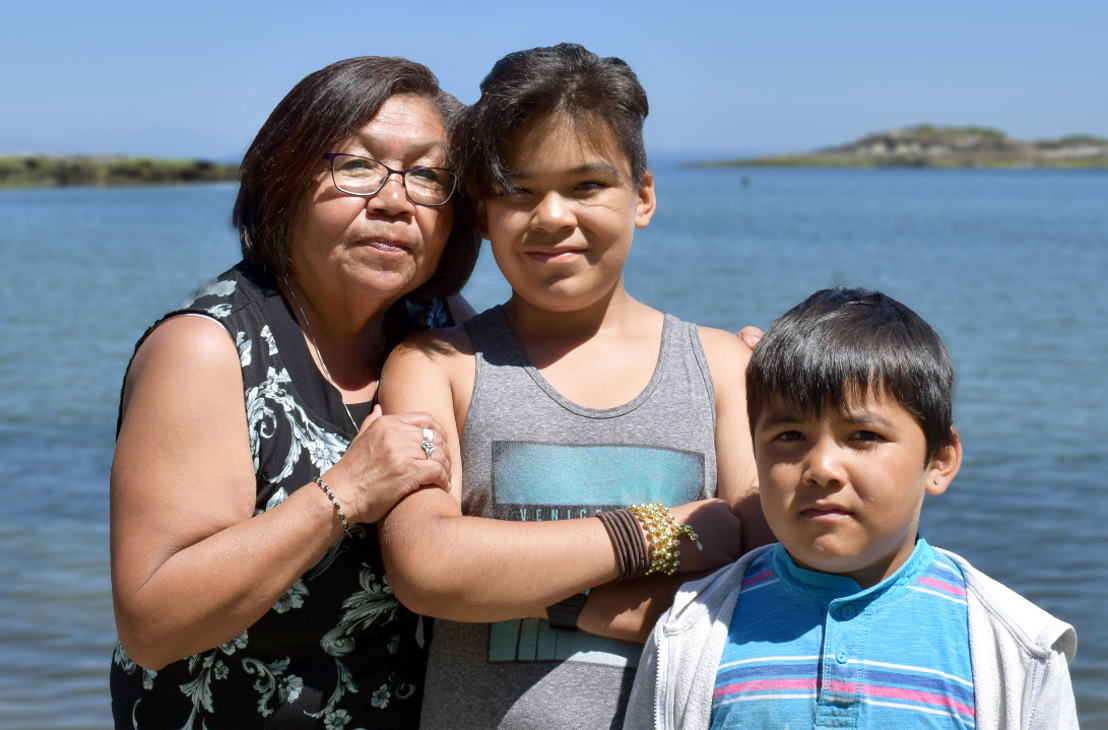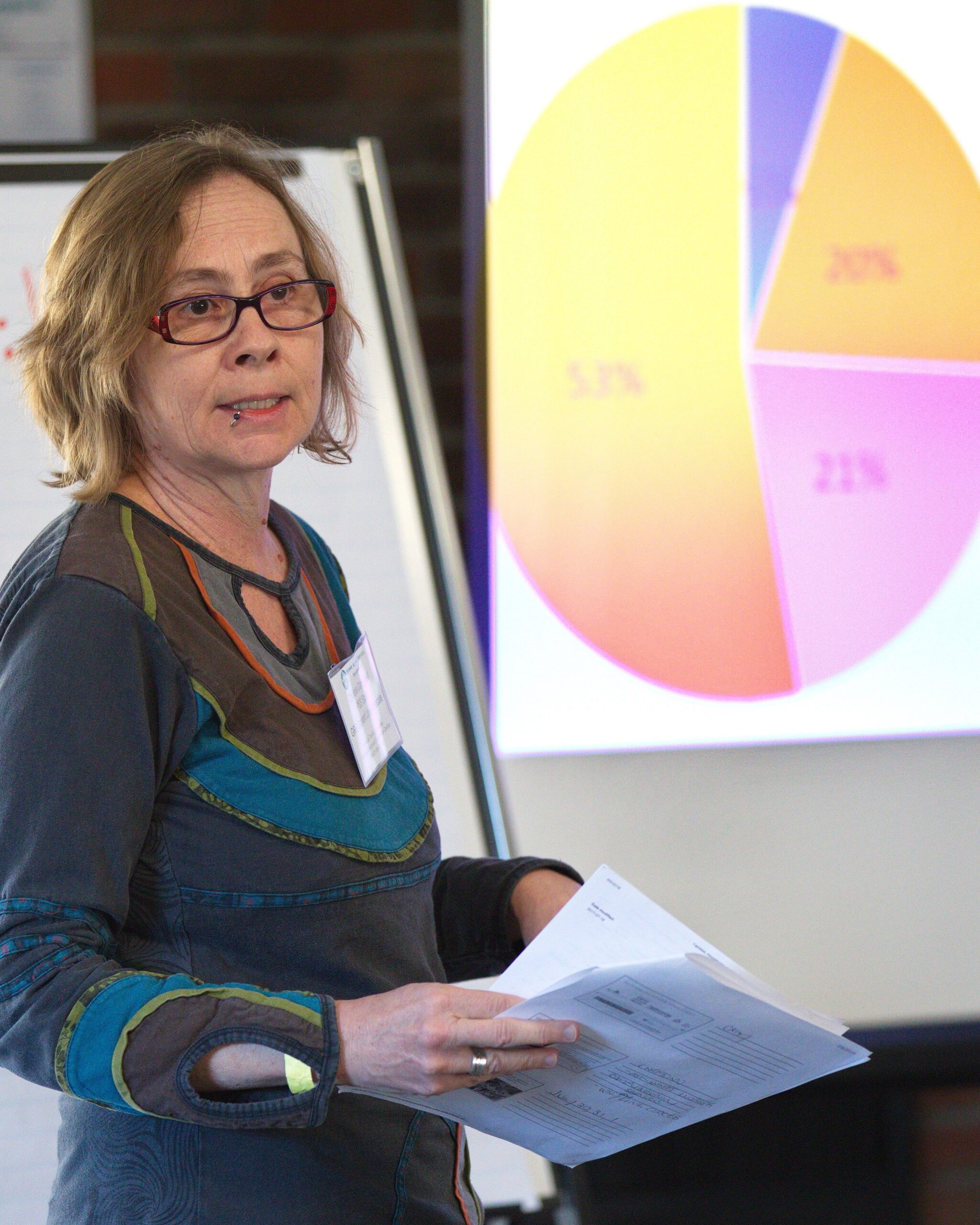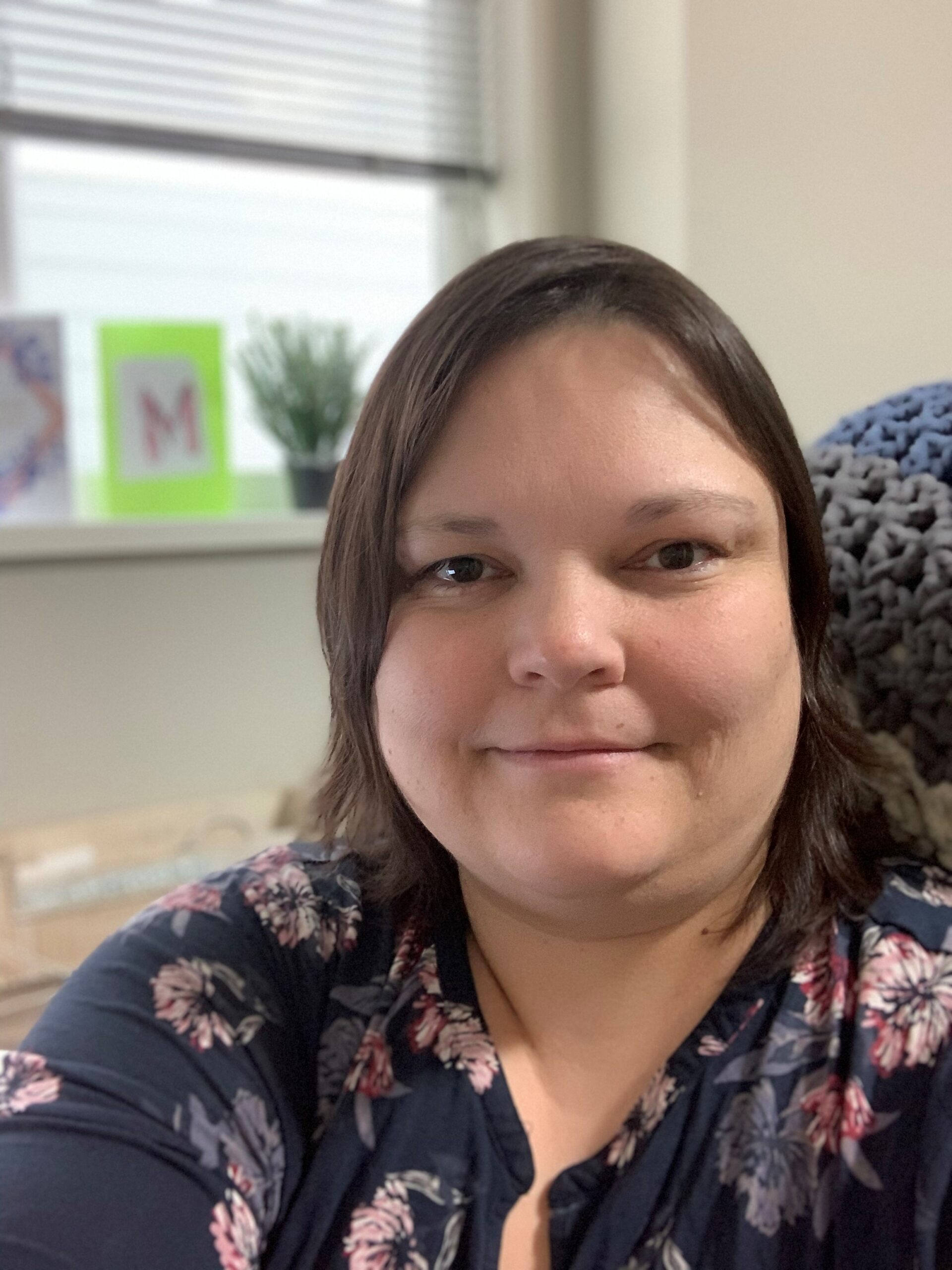Kinship Care Help Line: 604-558-4740 • 1-855-474-9777

CELEBRATING 10 YEARS OF INCREDIBLE SERVICE
Kinship Care Help Line Anniversary
In 2012, Parent Support Services Society of BC launched the first Help Line in Canada that is solely dedicated to providing navigational and emotional support to kinship caregivers. Previously known at the Grandparents Raising Grandchildren Support Line, this year marks the 10th anniversary of our organization offering this important provincial resource.
Watch our Celebration held on October 13. Click here: https://fb.watch/gzIk-sWDyD/
Kinship caregiving is a very complex issue. Kinship caregivers are not trained like foster parents, yet, the general belief is that they should be able to provide the same care with fewer resources. Many of these families live in poverty because they were not expecting to be in a parenting role, yet they continue on because they love the child(ren) in their care.
Introducing Izzy!
We’re excited to announce that by the end of 2022, we will be improving accessibility to our Kinship Care Help Line through the integration of Izzy. This platform will allow users to contact us through a pop-up chat widget, SMS, and Facebook Messenger. Subscribe to our newsletter for updates!
To connect with our Kinship Care Help Line Advocates – go to https://www.parentsupportbc.ca/services/support-line/
Kinship care occurs when extended family is caring for children on a full-time basis. A kinship caregiver is someone with a familial, cultural or otherwise strong relationship with a child and who cares for that child full-time on either a temporary or a permanent basis.
There are over 13,000 children living in kinship care homes in BC. These children have a higher chance than those in foster care of staying connected to their extended family and maintaining their culture and customs, which is critical for healthy child development. Kinship caregivers have a lack of resources in supporting the traumatized, and often disabled, kids in their care. This is an isolating position to be in.
Kinship caregivers can speak with our advocate social workers by contacting the Kinship Care Help Line. They are available to listen to your story and work with you to come up with the next steps. Our advocates are also here to provide you with emotional support. https://www.parentsupportbc.ca/services/support-line/
Phone: 1–855–474–9777
Email: kinshipcare@parentsupportbc.ca
Kinship Families Mobilize for Change Project
The following statistics reflect the depth of trauma experienced by the children being cared for by the kinship caregivers who completed our questionnaire.
Download the full report here: Kinship Care Profile – The State of Kinship Care in BC
Witnessed Prior to Kinship Care
Criminal Activity
Drug/Alcohol Abuse
Verbal/Emotional Abuse
Physical Violence
Directly Experienced Prior to Kinship Care
Verbal/Emotional Abuse
Severe Neglect
Homelessness
Sexual Abuse
Frequent Moves
Food Insecurity
Housing Insecurity
Physical Abuse
Telling Our Stories
Grandparent’s Raising Grandchildren
This powerful and emotionally charged documentary provides a glimpse into the realities faced by several grandparent-led families from across BC. These grandparents didn’t plan to be full-time caregivers at this later stage in their lives. Their stories are varied, but many of the threads are the same: loss, isolation, grief, hardship, love and determination. Providing love, stability and support to their grandchildren are their only priorities.
Kinship Care Help Line Advocates

Christina Campbell (she/her)
Advocate–Social Worker – to book an appointment with Christina click here.
Christina is a UBC graduate with a Master’s Degree in Social Work and over 25 years of community development experience. She joined Parent Support Services Society in 2011 to focus on child welfare. She works on the traditional and unceded territories of the Musqueam, Squamish and Tsleil-Waututh Nations. She has significant expertise in child protection policy, family law and kinship care. Christina is also the busy parent of two school-aged children.

Cassandra Strain (she/her)
Advocate–Social Worker, Advocacy & Mobilization Program – to book an appointment with Cassandra click here.
Cassandra (She/Her) is a Metis woman with roots in the Lac La Biche area of Northern Alberta and has ancestors who came from the Red River Valley. Currently, she resides on the traditional and unceded territory of the Tk’emlúps te Secwépemc People. She has also been a kinship care provider for her three nieces for a total of 15 years. Cassandra has a Bachelor of Social Work Degree which she completed at NVIT in Merritt, BC.
Cassandra began as a volunteer with Parent Support Services Society of BC in 2018 when she co-facilitated a Grandparents Raising Grandchildren Support Group in Kamloops. Cassandra is now an Advocate Social Worker on the Kinship Care Help Line. You can reach Cassandra at Cassandra.strain@parentsupportbc.ca
Kinship Care Help Line Q&A
What are some of the most important things you’ve learned about kinship caregiving?
The most important thing I have learned from kinship caregiving is from my personal experience as well as from listening to other kinship caregivers’ stories. Kinship caregiving has some wonderful experiences but it is also full of pain and grief. Pain and grief on the parent’s behalf, grief from the child not being raised with their parents, the pain of the kinship caregivers for the children they are raising because they do not want to see them in pain, and oftentimes the loss of the caregiver’s relationship with their relative due to the strain kinship caregiving places on families. In cases where siblings are separated, this trauma lasts forever as well and the grief is insurmountable for the children. I have also listened to many grandparents who are raising grandchildren and have to acknowledge their unique struggles and resilience. Many had different dreams for their retirement but had to change their lifestyle to care for their grandchild whom they love very much. Grandparents are usually older than most kinship caregivers and have to face the challenges of ageing along with the challenges of being a kinship caregiver.
Why are you excited about the implementation of Izzy?
I am excited about the implementation of Izzy because it will allow both advocates to answer the calls. This means we should be able to increase the number of calls we answer. As well, this will be the first time we will be able to do SMS/text messaging for those people who prefer to text.
I am excited about improving access to direct services for kinship caregivers across BC.
What tangible impact have you seen through being a Help Line advocate?
The most tangible impact I have witnessed from being a Help Line advocate social worker is how kinship caregivers realize they are not alone. This often comes within the first or second call that a kinship caregiver makes when they realize the systems they have been battling with or the issues they have been facing are not new to the advocate social worker. Sometimes this comes in the form of a sigh of relief, crying in response to the fact someone actually “gets” them, or the continued relationships we are able to build with kinship caregivers.
The tangible impact I’ve seen is when families receive the information they need and are empowered to make the most informed decisions for their unique situation.

